The ultimate guide to choosing heavy machinery for construction
Before selecting heavy machinery, it's crucial to thoroughly assess the project's scope. This includes understanding the project's size, duration, and the specific tasks that need to be accomplished. A clear understanding will guide you in choosing equipment that matches the project's demands.
The type of terrain and environmental conditions of the construction site can greatly influence the choice of machinery. Factors such as soil type, weather patterns, and topography must be considered to ensure the machinery can operate effectively and safely.
Adhering to local regulations and standards is non-negotiable. Ensure that the machinery you choose meets all legal requirements for emissions, noise levels, and safety standards in Estonia, Finland, Latvia, and Lithuania.
Types of Heavy Machinery for Construction
Excavators are versatile machines used for tasks such as digging, demolition, and heavy lifting. They come in various sizes and configurations to suit different project needs.
Loaders are essential for moving large amounts of material quickly. They are available in different types, including wheel loaders and skid-steer loaders, each with its own advantages.
Bulldozers are powerful machines used for clearing land, grading, and pushing large quantities of material. Their size and power make them indispensable for many construction projects.
Cranes are used to lift and move heavy items to various heights and distances. Selecting the right crane involves considering the maximum weight and reach required for the project.
Backhoe loaders combine the digging power of an excavator with the loading capabilities of a loader, making them a flexible option for many construction tasks.
Compaction equipment is crucial for preparing the ground for construction. Rollers and compactors are used to increase soil density and stability.
Factors to Consider When Choosing Heavy Machinery
The size and capacity of the machinery should align with the project's scale. Larger projects may require more robust equipment with higher capacity.
Efficiency and performance are key to keeping projects on schedule and within budget. Evaluate the machinery's productivity rates and fuel efficiency.
Modern machinery comes with advanced technology and features that can improve precision and efficiency. Consider equipment with GPS, automation, and other smart features.
Choosing a reputable brand ensures reliability and access to quality support services. Research brands that have a strong presence in the Baltic region.
Consider the total cost of ownership, including purchase price, maintenance, and operating costs. Analyze how these factors will impact the project's overall budget.
Safety and Training for Heavy Machinery Operation
Safety should never be compromised. Ensure that the machinery has the necessary safety features and meets industry safety standards.
Proper training and certification for operators are essential to maintain safety and efficiency on the construction site. Verify that training programs are available and accessible.
Maintenance and Upkeep of Construction Machinery
Maintaining heavy machinery is critical for its longevity and performance. Establish regular maintenance schedules to prevent downtime and costly repairs.
Ensure that spare parts and service are readily available for the machinery you choose. This will minimize delays in the event of a breakdown.
Renting vs. Buying Heavy Machinery
Renting can provide flexibility and reduce upfront costs, but may be more expensive in the long term for ongoing projects.
Buying machinery is a significant investment but can be cost-effective for long-term use. It also offers the advantage of asset ownership.
Consider the financial implications of renting versus buying, including cash flow, tax benefits, and the potential for resale or leasing.
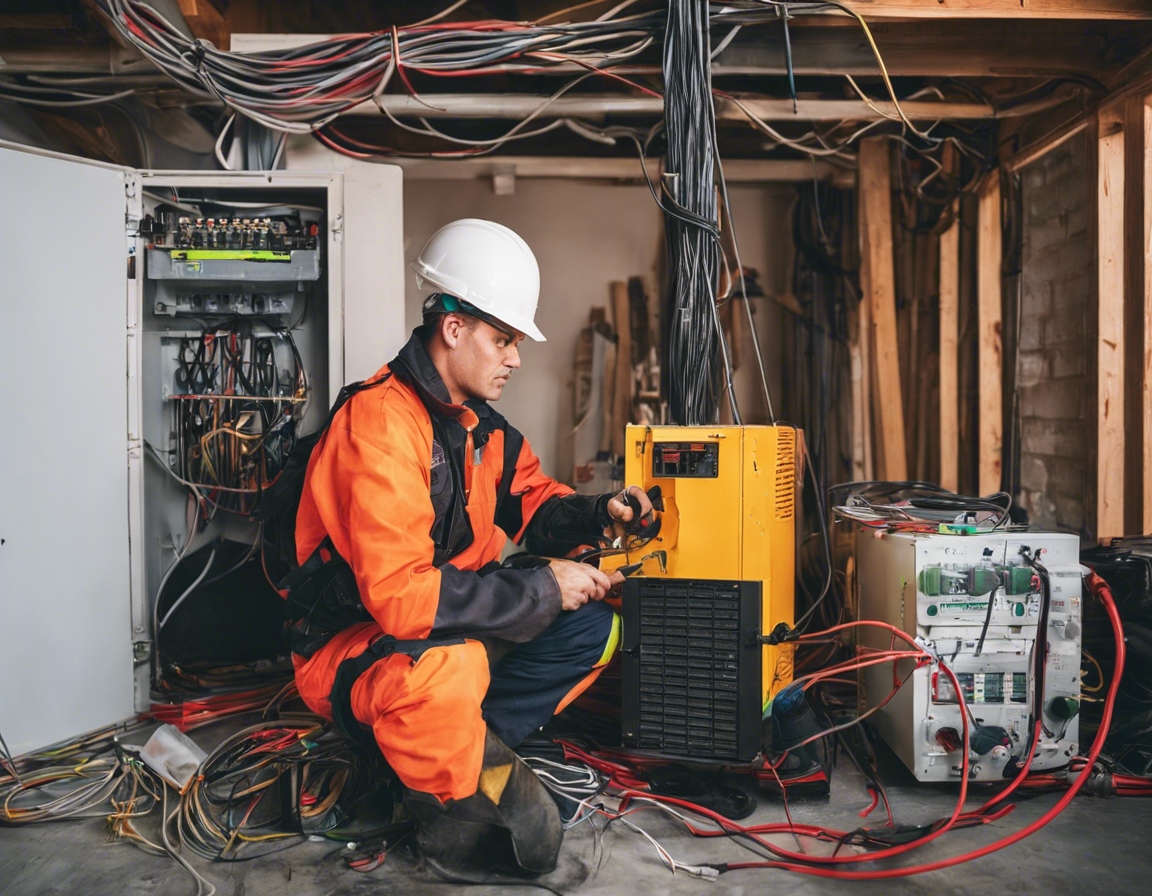
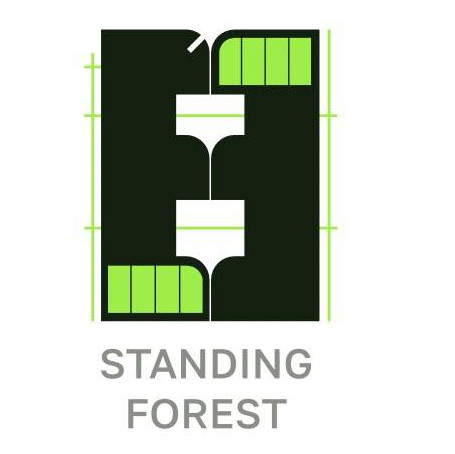
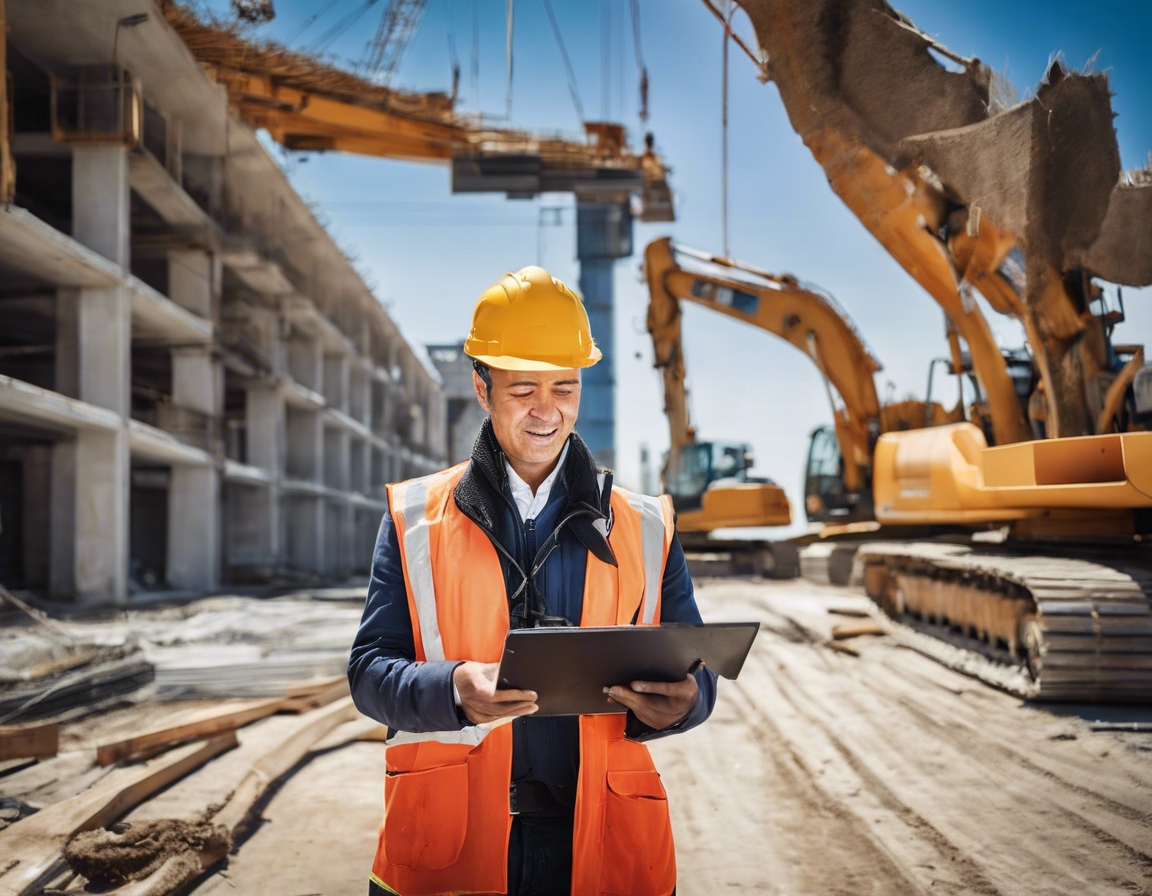

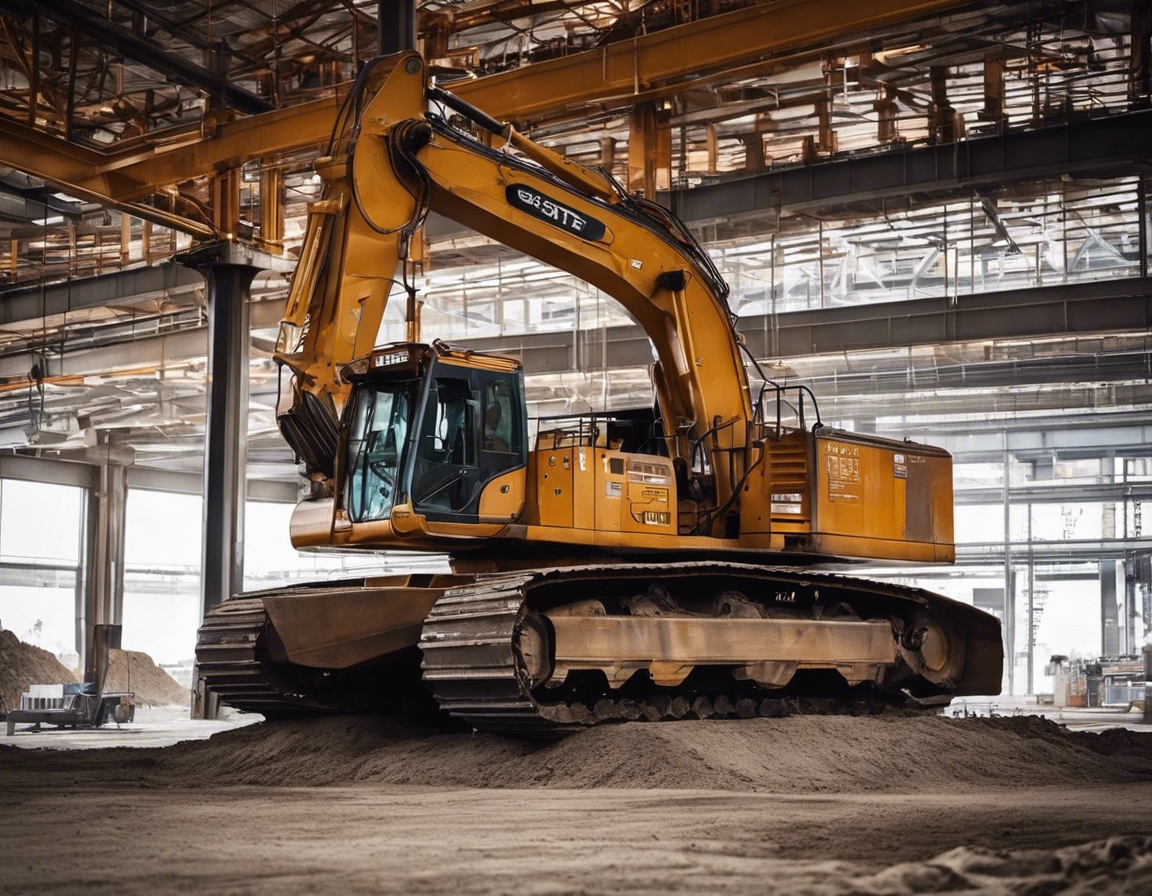
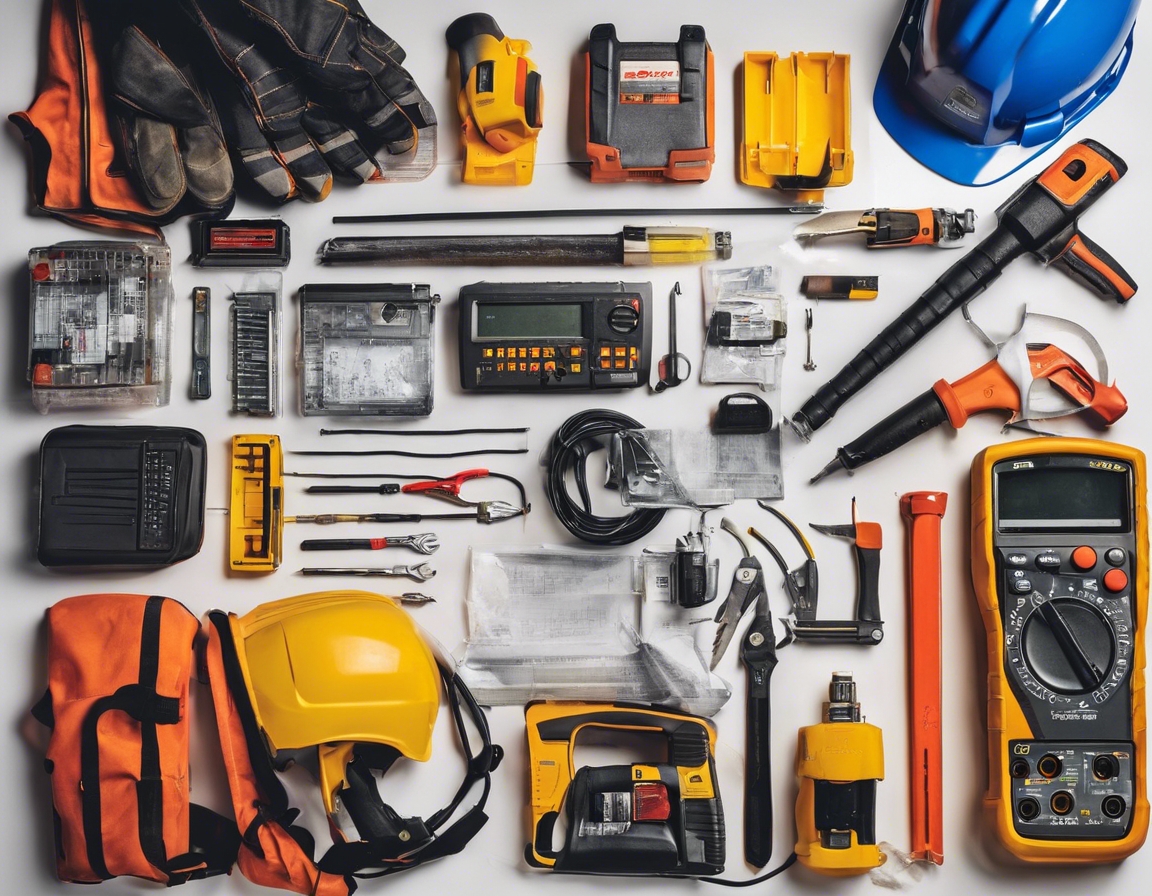

Comments (0)